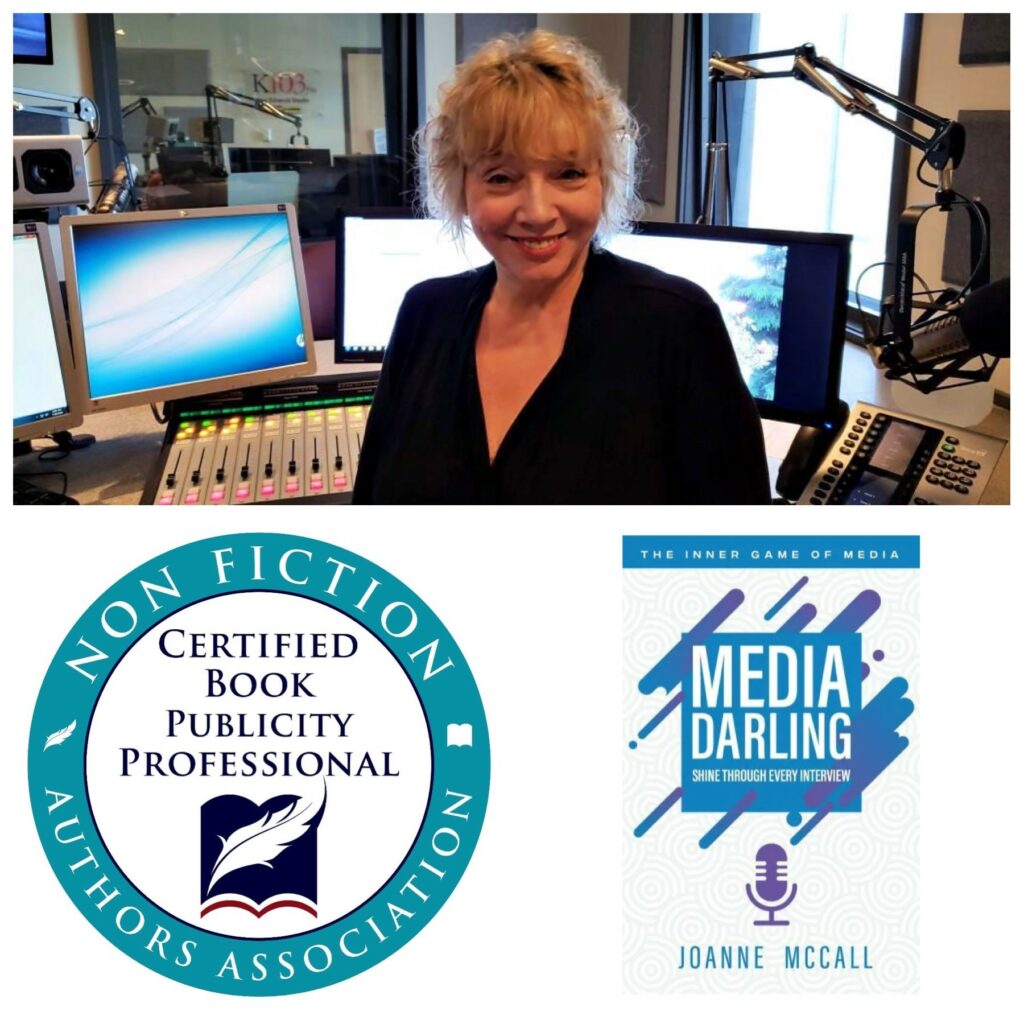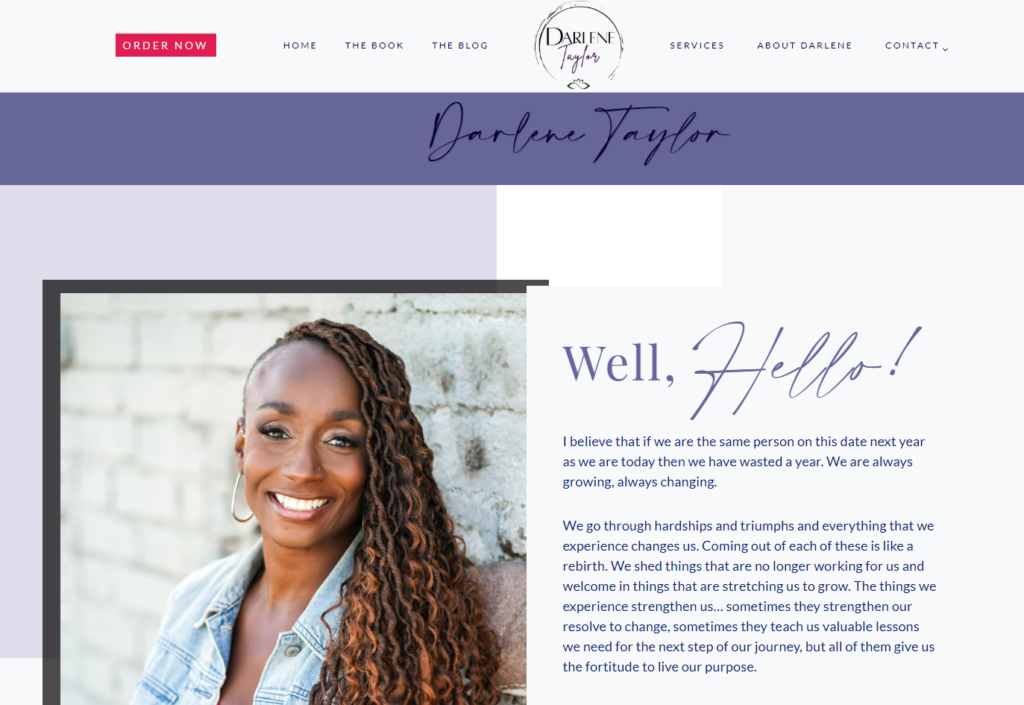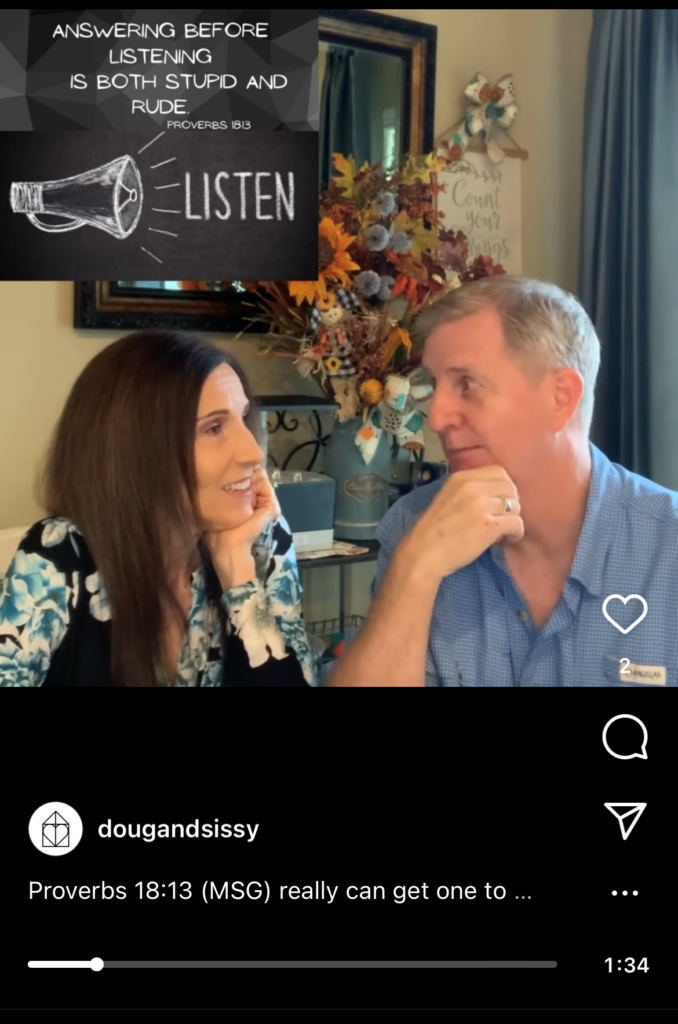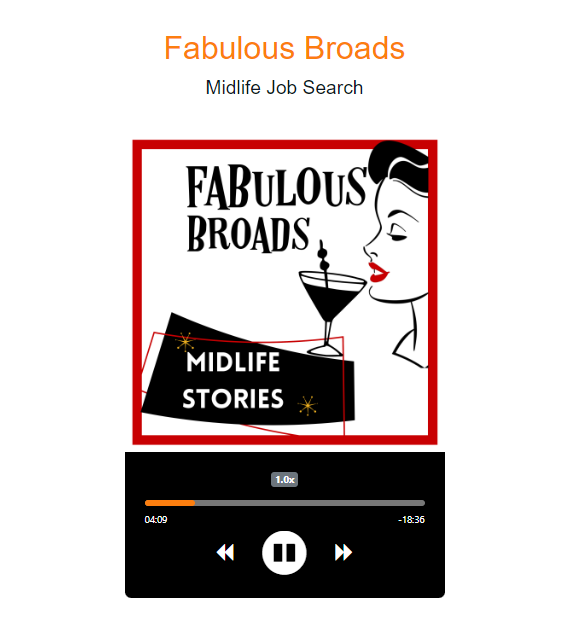We were excited earlier this year when a client was featured on CBS Mornings. The topic wasn’t a happy one – it was a troubling report on domestic terrorism – but the agency was able to educate a broader audience with its research. The television appearance was an effective addition to the agency’s traditional publicity efforts through newspaper interviews and op-eds.

Publicity is important for your book or business because it increases your authority, credibility, and reputation. Leveraging the media can provide value, attract your target audience, and build prestige.
That’s why I earned a Nonfiction Authors Association Book Publicity Certification this year with media insider and veteran publicist Joanne McCall. She helps authors, speakers, coaches, consultants, entrepreneurs, small business owners, influencers, and thought leaders deliver compelling interviews so they can get their messages out into the world in a big way. And Joanne just released her book, Media Darling: Shine Through Every Interview, a step-by-step guide to looking confident, poised, and skilled on camera.

Want to know one of the biggest takeaways from Joanne’s course?
While there’s a lot to learn about publicity for your business or book, I’d start with understanding three basic types of media you can develop.
“You” Media
“You” media is your media empire. It’s all the content that you generate. It includes your blog, podcast, and website.
To make the most of “You” media, create a strong bio and feature a professional headshot. Then start building up your body of thought leadership content. Create a media kit and media page on your site to feature interviews and invite opportunities. Make sure your brand is visually consistent across all your pages and channels.
Darlene Taylor’s website is a great example of using “You” media to promote a book and business. It features her co-parenting coaching services, blog, speaking topics, and her book, It’s Not About Us.

“Rented” Media
“Rented” or “borrowed” media is any platform you use but don’t own. It includes your social media or other platforms where you share your message with the world.
Many authors like the ease and reach of “rented” media. But it’s not uncommon for a social media platform to lock or delete an account with no explanation, so don’t skip “You” media.
“Rented” media is about generously sharing value with the world, but it’s also about knowing what you want to ultimately accomplish. Define your call to action, and weave it into your engagement.
Doug and Sissy Pitcher, co-founders of Heart Builder Ministries, help couples stay together by sharing video tips on Instagram. They use the platform to promote their website, events, and book, Not Just Another Marriage Book.

“Earned” Media
“Earned” media is coverage by another organization or publication. My client’s segment on CBS Mornings is an example of earned media. Other examples are interviews on radio stations and podcasts. It’s the toughest media to access because it involves a gatekeeper and requirements. You’ll need to jump through hoops to prove you’re a good bet for the target audience, but it’s worth the extra effort.
You can stand out with a pitch letter that opens with a great hook. Media folks are pitched stories every day, so you need a compelling angle that immediately connects with them and grabs their attention.
That’s how Roni Elayne Singer and Nancy Zuromski landed a podcast for midlife women called Fabulous Broads to promote their book, Over 50? Menopausal? You’re Fired! The host loved their pitch letter and booked them for a 20-minute episode in which they shared midlife job-search tips with their target audience. Now they can tweak their winning pitch letter to hook other podcast hosts – and they have an audio sample to prove they’re a good bet.

Each type of media is a building block of a book publicity plan. “You” media, “rented” media, and “earned” media provide different ways to build your reputation as you promote your business or book. It takes legwork – and possibly the help of a media expert – but with consistent effort, you can get your ideas out there in new ways.
